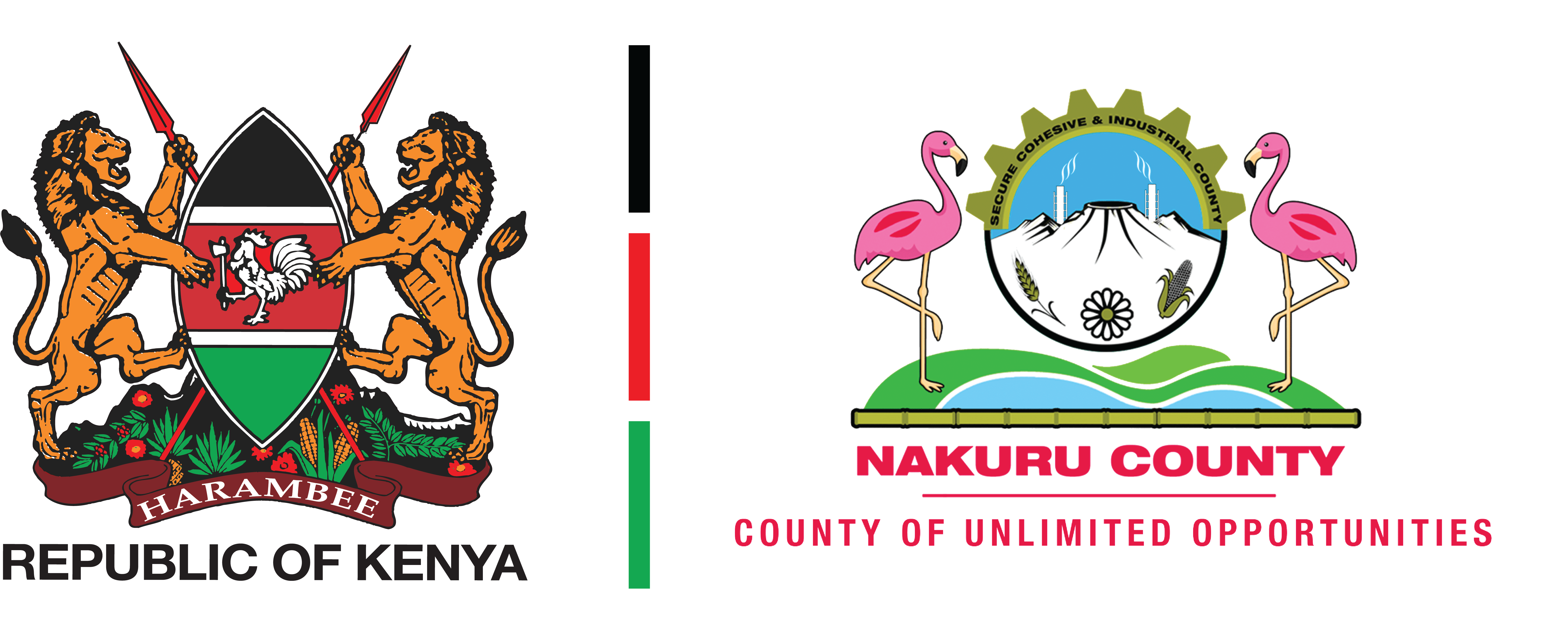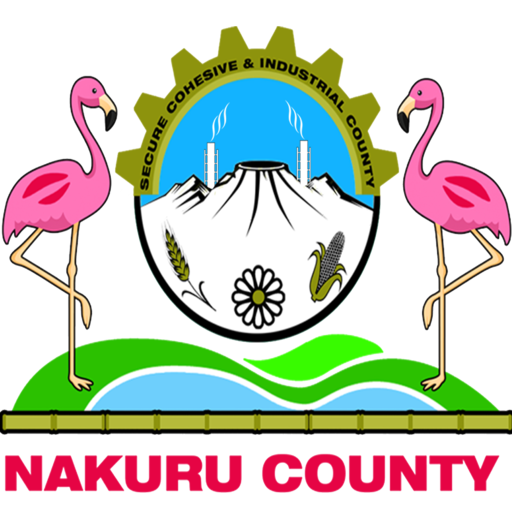When Governor Susan Kihika took office on 22 August 2022, she made a bold promise in her inauguration speech: every patient living with a long-term condition, be it diabetes, hypertension, cancer or requiring dialysis, would be organised into support groups to streamline access to medication and care. Three years on, that pledge has blossomed into a multifaceted, community-driven network of prevention, screening, treatment and data-driven planning that is reshaping the fight against non-communicable diseases (NCDs) across Nakuru county.
Governor Kihika’s vision took concrete form in late 2022, as the Department of Health Services began forming hypertension-and-diabetes support groups at the facility and community levels. By April 2024, the pilot Primary Care Network (PCN) in Bahati Sub-county was operating on a “hub-and-spoke” model: dispensaries and health centres identify and refer cases to family-health clinicians, nutritionists and Community Health Promoters (CHPs), while only the most severe patients are escalated to level-4 hospitals.
Across Gilgil, Subukia, Karura and Githioro, dozens of patient groups now meet monthly for blood-pressure and sugar monitoring, peer support, eye and tuberculosis screening, and health education on diet, exercise and medication adherence. In Subukia alone, the rolling attendance of 55 patients in October 2024 underscores how the county’s primary-care model brings critical services directly into neighbourhoods.
Centres of Excellence & Capacity Building
Recognising that excellent outcomes demand great facilities, Nakuru County established eight Diabetes Centres of Excellence in partnership with Medtronic Labs. Naivasha Hospital, the latest addition in August 2023, now delivers comprehensive diabetes care under the stewardship of Dr John Murima and his team.
Simultaneously, the Clinton Health Access Initiative (CHAI) led a landmark four-day master-training on Type 1 Diabetes in March 2024. Thirty-eight nurses, clinical officers and doctors from all level-4 hospitals and the County Referral & Teaching Hospital became “Trainers of Trainers,” charged with cascading best practices to every corner of the county.
In mid-2025, the CECM for Health Roselyn Mungai and the County Health Management Team welcomed a suite of cutting-edge diagnostics and care tools from Medtronic Labs; Getein 1160 analysers, slit lamps, monofilaments and vascular dopplers, further boosting the county’s capacity to diagnose and manage complex cases at the primary-care level.
Data-Driven Decisions & Digital Innovation
Under Governor Kihika’s watch, Nakuru County has pioneered the use of the SPICE digital register to track NCD patients across facilities. The SPICE application is a digital tool deployed by Medtronic Labs for community health digitisation. It is designed for non-communicable disease (NCD) screening, specifically targeting diabetes and hypertension at the community level. The app enables Community Health Providers (CHPs) to conduct screenings and track positive cases through an easy-to-use Android interface.
A three-day Data Quality Audit in April 2025 examined records in six sub-county health centres, pinpointing gaps in accuracy and completeness. This exercise, led by NCD Coordinator Jackson Cheruiyot and backed by the Diabetes Management Information Centre, ensures that every screening, every referral and every treatment is captured—and acted upon—in real time.
Building on this momentum, May 2024 saw the launch of a countywide NCD digital platform in partnership with the World Diabetes Foundation and Medtronic Labs. Sub-county managers from Kuresoi South and Rongai were trained to integrate diabetes and hypertension prevention into the flagship primary-care model, strengthening the data backbone for future planning. Sixty-four tablets, donated by Medtronic Labs, to enhance the management of non-communicable diseases (NCDs) at the community level, were distributed to various facilities.
Outreach & Community Engagement
Beyond the clinic walls, Nakuru’s NCD outreach has come to life in market squares, churches and community halls. In March 2024, tens of mothers and villagers streamed into a Diabetes & Cancer Screening Medical Camp at Mirugi Kariuki Hospital for free sugar tests, cervical and breast-cancer screening, antenatal care and even diaper packs for new mothers.
By May 2025, the Gilgil sub-county multi-disciplinary team, supported by Amref Health Africa’s THRIVE project, had trekked into Elementaita Ward to screen 323 residents for hypertension, diabetes, cervical cancer and eye conditions, delivering medications on the spot and referring ten patients for specialised surgery.
At every turn, the county’s leadership has rallied partners from the World Bank, Clinton Health Access Initiative, Novo Nordisk, Amref, the World Diabetes Foundation and Medtronic Labs. Under the coordination of County Director Dr Daniel Wainaina and the NCD Technical Working Group, Nakuru has localised the National Strategy for NCD Prevention and Control, woven NCD objectives into its Annual Workplan and mobilised a multidisciplinary team to oversee every intervention.
Governor Kihika’s administration has coupled these technical initiatives with tangible resource allocations, dedicated budgets for NCD drugs, training allowances for CHPs, and infrastructure upgrades to turn dispensaries into vibrant hubs of holistic care.
Today, more than 31,000 diabetes cases have been identified countywide; thousands more are managed through support groups, life-saving screenings and round-the-clock primary care. As the NCD blueprint expands to every sub-county, and as new cohorts of healthcare workers graduate as trainers, Nakuru County is steadily transforming the promise of support into the reality of health.
Governor Susan Kihika’s unwavering commitment, matched with a data-driven strategy, community empowerment and powerful partnerships, has set Nakuru County on a path toward a future where non-communicable diseases are no longer a silent crisis, but a conquerable challenge in the journey to healthy, thriving communities.


